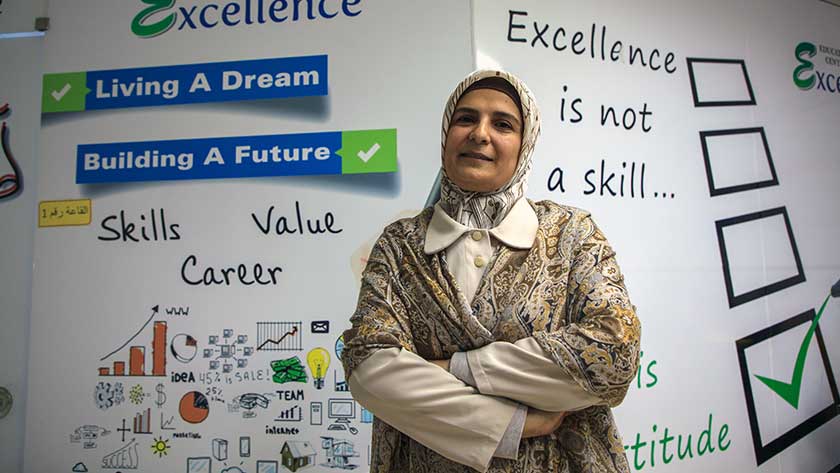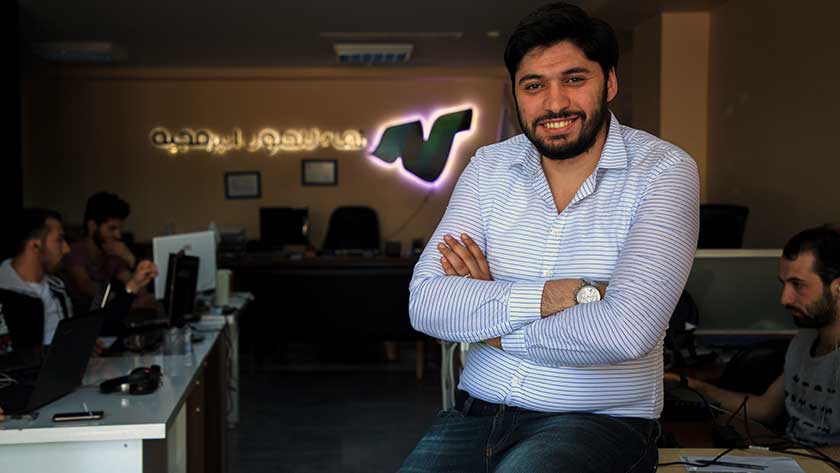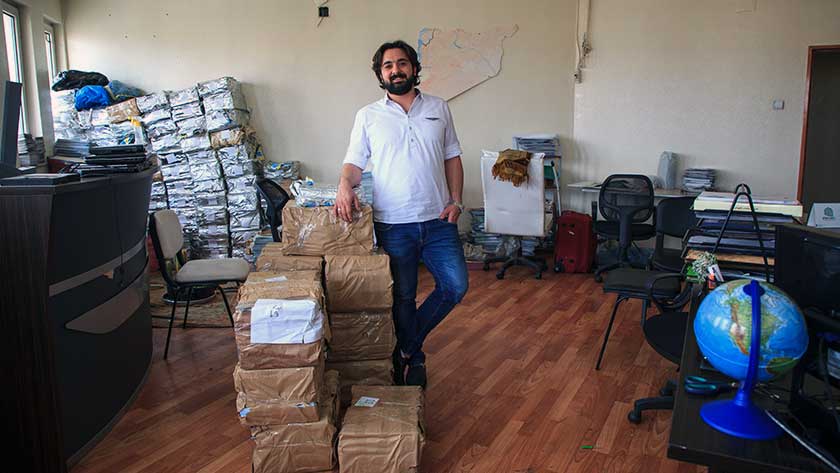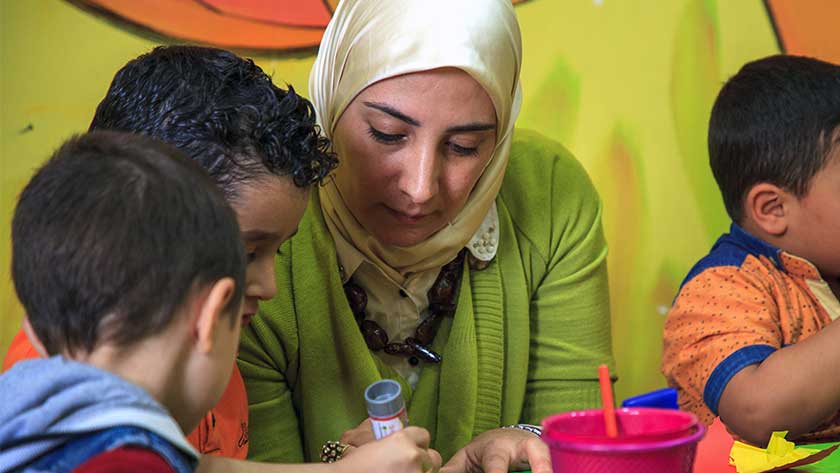Building Markets (2010 Awardee) started in 2004 with a deceptively simple mission: to reduce poverty in crisis-impacted countries by championing local entrepreneurs. Building markets connects small and medium sized enterprises (SMEs) to new business opportunities, markets, and capital. SMEs make up 90 percent of any private sector and create the vast majority of jobs, but they often lack the resources to scale. Building Markets works to address that gap.
Building Markets has applied its model in a broad range of countries from Haiti to Afghanistan, has supported nearly 24,000 SMEs, and created 69,000 jobs. Currently they are operational in Liberia and Myanmar, and are working with local partners in Turkey to address the Syrian refugee crisis. Earlier this year, Building Markets released an in-depth report, Another Side of the Story, based on detailed in-person interviews with 230 of the estimated 10,000 Syrian entrepreneurs who have launched enterprises in Turkey since 2011.
This week, they’ve launched a beta version of a new web platform featuring these 230 Syrian entrepreneurs to help connect them to supply chains, financing, and investment opportunities. We caught up recently with Jennifer Holt, CEO of Building Markets, to hear more about the challenges facing entrepreneurs in conflict-affected areas, and the growing community of Syrian entrepreneurs in Turkey.
Zach Slobig: Let’s start with the title of the report, Another Side of the Story. The prevailing image of the Syrian refugee crisis is of sprawling, squalid camps and overloaded boats, a focus on the needs of this community rather than the opportunities to be unlocked. Is that a dynamic you’ve seen play out in other crisis situations?
Jennifer Holt: There is always another side to the story. We see this in every market where we operate. Even when there are seemingly insurmountable challenges, entrepreneurs are incredibly resilient and have a unique drive to succeed. The problem is we often cannot see them so we miss a tremendous opportunity to support their growth. I say this over and over again: one of the most important aspects of stabilizing and growing crisis-affected markets is turning the lights on. Unlike more advanced economies, access to reliable business data is not available. In the case of the refugee crisis, this is even more acute. Many entrepreneurs have emerged, and are making substantial contributions – but we can’t see them.
Zach: So, when you turned on the lights, what did you see? Tell me a bit more about these 230 entrepreneurs and the size and kinds of businesses they are running.
Jennifer: In Turkey, a country that has taken in more than three million Syrian refugees since the war began, we found that Syrians have started 6,000 formal businesses and contributed over $330 million in capital. They have done this by identifying gaps in the Turkish market—and have started firms in sectors ranging from manufacturing to hospitality to wholesale and retail trade. Many had previous business experience. One key misconception is that educated Syrians all left for Europe and elsewhere, but we found that 67 percent of business owners we surveyed have a university degree or higher.
As part of our research, Building Markets and its partner, Syrian Economic Forum, conducted in-depth surveys with 230 businesses–collecting more than 150 data points on each firm. We will continue to grow this network, and use this information to connect these businesses to new customers and capital. Our new platform is the first step in doing this.
Zach: At the Skoll Foundation, we’re particularly interested in female-led entrepreneurship. How is this community faring on that front?
Jennifer: Labor force participation by women in Turkey and Syria is quite low. In our sample of 230 businesses, only six are female owned and managed, but those six businesses are doing very interesting work. We have a wonderful woman entrepreneur who started a language training center—addressing one of the biggest challenges for Syrian businesses in Turkey–where Arabic is not spoken.
Because of the low female representation in our sample, we also conducted a focus group with 18 former aspiring women entrepreneurs with backgrounds in everything from marketing to video and sound recording. They had wonderful ideas about starting new businesses, including a media platform, and a food incubator.
Zach: Beyond the language barrier, what are the biggest challenges for Syrian-led SMEs in Turkey?
Jennifer: Language is a fixable problem, so that’s good news. Others are the typical ones that we see in other countries: access to markets, access to capital, marketing resources, and clarity on import and export laws.
Zach: So how does Building Markets and this new web platform help these entrepreneurs overcome these barriers?
Jennifer: Our new platform brings our first 230 businesses online. One of the main barriers is getting visibility, and credibility. We’ll be adding new businesses every day, and new functionality, like a tender distribution component so our network can access opportunities more easily. Behind this platform we have rich business data that we will leverage to connect our network to investment and supply chains. With our local partners, we plan to reach 2,000 SMEs in Turkey 2018, and to expand into the region.
Zach: What do you see as some of the biggest misconceptions of the Syrian refugee crisis, and what are some outstanding questions that deserve further attention?
Jennifer: It’s important to acknowledge that despite the challenges, Turkey has been incredibly generous. They host the most refugees in the world right now.
Outstanding issues to be addressed include easing regulatory burdens to improve the operating environment, reducing costs, and accelerating refugee hiring and entrepreneurship. We also need to focus on where we can offer opportunities for more Turkish-Syrian partnerships, and ensure success stories are shared.
The Syrian refugee crisis is devastating, but it’s also created an opportunity to unleash the potential of refugee entrepreneurs, which could help off-set the cost of the crisis while creating economic and social benefits for all. There is another side to the story, and I hope Building Markets’ work continues to contribute to that important narrative.